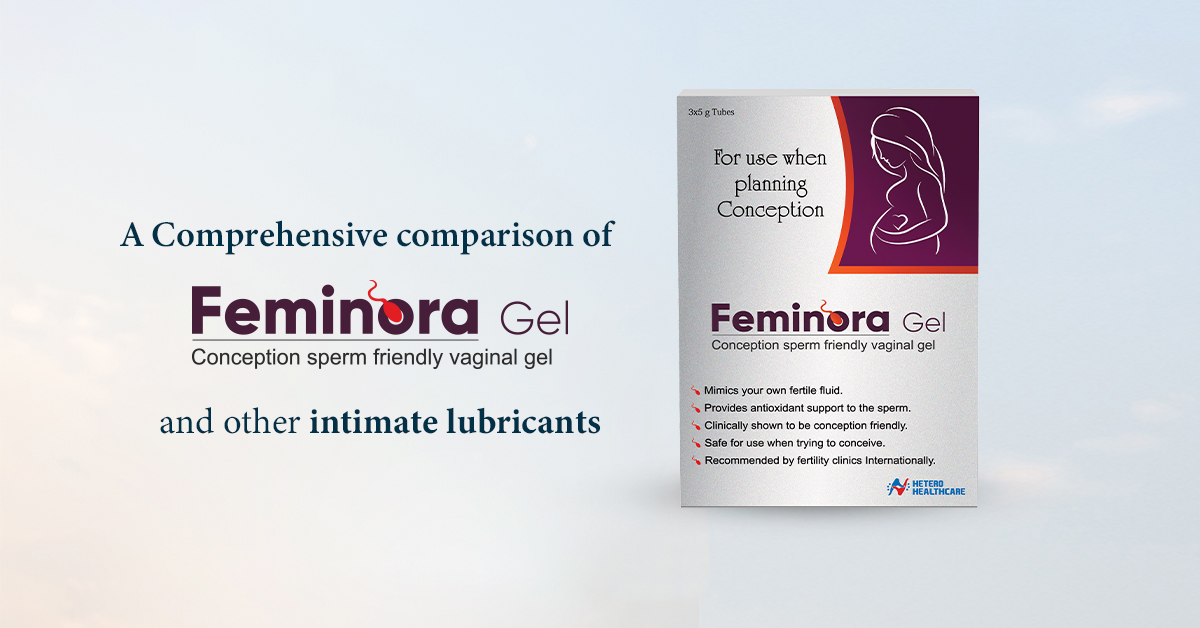Are you suddenly feeling dry down there in winters? Check out
Published on - 06 Dec 2022

Foggy mornings, fluffy blankets, hot chocolate, and chilly winds remind us that winter is here and with that comes a chilling warning!!!
Did you know unpleasant sex and frequent urination could be a sign of Winter Vagina! Yes! It turns out winter vagina could be a thing according to experts.
Wondering what that dryness in your intimate area is?
We all know as temperatures drop, heating gets switched on and it can play havoc with your skin.
Dry skin and chapped lips become more of a problem, having us constantly reach for a moisturiser or lip balm.
Have you ever wondered if this parchedness could impact all parts of your body, including your intimate area?
Renowned gynaecologists have mentioned and spoken about a lot many women suffering with vaginal dryness on a regular basis, however during winters women may suffer more with vaginal dryness.
As the dry winter air depletes moisture from our bodies, our skin is left dehydrated and cracked, besides our sinuses/ nasal area being parched.
And while it's an issue that few discuss openly, there is a lot of hush- hush discussing about our vaginas which get arid during this season. Vaginal dryness is a seriously debilitating condition that can affect women of all ages and it can make sex unbearably painful.
Symptoms of Winter Vagina include:
- Discomfort and irritation or a burning sensation
- Unpleasant sexual experience
- Sexual abstinence
- Difficulty in getting aroused and reaching an orgasm
- Pale and thin looking vagina
- Narrowing or shortening of the vagina
- Frequent urination.
- Light bleeding after intercourse
- Abnormal discharge
While it's a very common problem, women who are going through or have experienced menopause are more prone to this condition. Other factors including certain medications, diabetes, breastfeeding, or childbirth can also increase a woman's likelihood of experiencing vaginal dryness. And in some cases, low levels of oestrogen can be the cause.
How to know if your discharge is normal?
Vaginal discharge is considered completely normal, it is abnormal if a person does not have vaginal discharge. As vaginal discharge is a healthy physiological process of antibacterial and antifungal properties washing away bacteria to keep your vagina healthy.
However, the discharge is termed harmful if there is smell, along with changes in colour of the discharge more than usual… It is then crucial for you to visit your gynaecologist to rule out the condition.
What to do to overcome the above symptoms:
To ease the symptoms or prevent vaginal dryness while the weather outside is frightful we have to make subtle adjustments in our lifestyle which would be:
Diet: Eat vegetables and fruits that keep your body alkaline and avoid processed and sugar-based foods that affect up the pH balance of your vagina.
Let your vagina breathe: Give your vagina some space to breathe. Try swapping your tight pants with loose pants, heavy synthetic and unbreathable fabric with cotton. Give your vagina underwear-free time preferably at night if there is specific bacteria and pathogens.
Conclusion:
If you are experiencing winter vagina, we recommend that you choose your vaginal products carefully with balanced pH value, as you do care for your skincare and haircare products. Don’t just slather any moisturizers or soaps that can cause imbalance and complications. Consult with your gynaecologist of you experience any symptoms listed above to rule out the condition Any significant change, should be addressed by your doctor.











